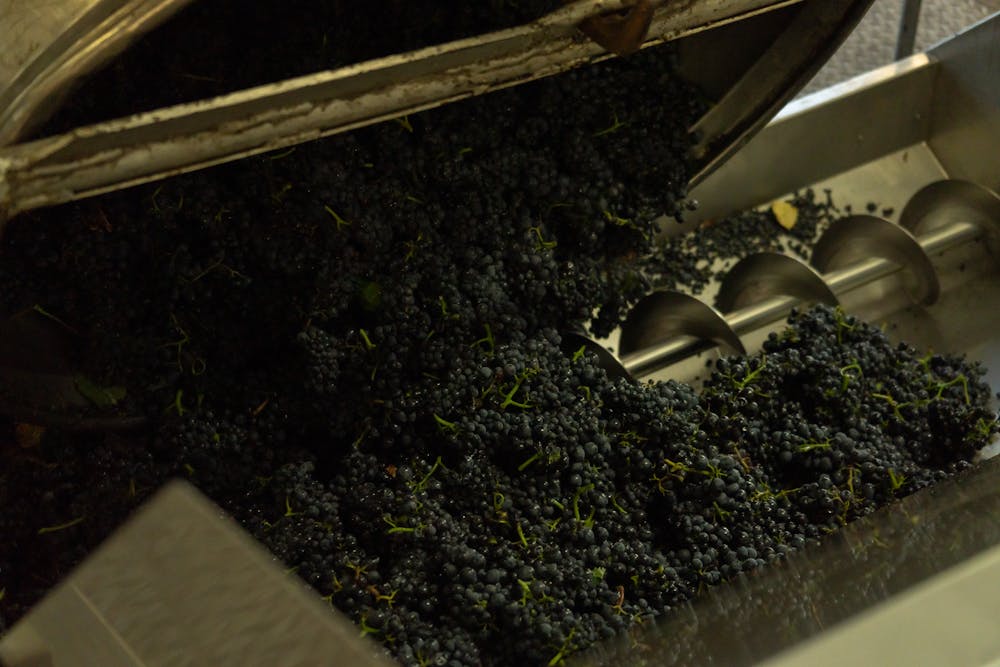Understanding the journey of food from farm to table has been an enlightening experience for me, highlighting the intricate connections between food production practices and nutrition. Delving into the complexities of food production has allowed me to gain insights into how our food choices impact not only our health but also the environment and society at large. Here’s what I’ve learned about food production and its impact on nutrition:
 **1. Sustainable Agriculture Practices:**
**1. Sustainable Agriculture Practices:**
Sustainable agriculture focuses on cultivating crops and raising livestock in a manner that preserves and enhances the health of the land, ecosystems, and communities. Practices such as crop rotation, soil conservation, water management, and integrated pest management promote soil fertility, biodiversity, and environmental resilience.
 **2. Organic Farming:**
**2. Organic Farming:**
Organic farming eschews synthetic pesticides, fertilizers, genetically modified organisms (GMOs), and antibiotics in favor of natural and sustainable agricultural practices. Organic foods are grown and produced without the use of harmful chemicals, preserving the integrity of the soil and minimizing environmental pollution.
 **3. Nutrient Density of Fresh Produce:**
**3. Nutrient Density of Fresh Produce:**
Fresh fruits and vegetables harvested from sustainable and organic farms are often higher in nutrient density compared to conventionally grown produce. Nutrient-rich soil, free from chemical contaminants, fosters the growth of plants with higher concentrations of vitamins, minerals, antioxidants, and phytonutrients, which are essential for optimal health and vitality.
 **4. Animal Welfare and Quality of Animal Products:**
**4. Animal Welfare and Quality of Animal Products:**
The welfare of animals raised for food production significantly impacts the quality and nutritional value of animal products such as meat, dairy, and eggs. Animals raised in humane and ethical conditions, with access to pasture and natural grazing, produce meat and dairy products that are higher in beneficial nutrients such as omega-3 fatty acids and antioxidants.
 **5. Food Processing and Nutrient Loss:**
**5. Food Processing and Nutrient Loss:**
The processing and refinement of foods can result in the loss of essential nutrients and bioactive compounds. Highly processed foods often contain added sugars, unhealthy fats, and synthetic additives while lacking the nutritional value of whole, minimally processed foods. Choosing whole foods in their natural state ensures optimal nutrient intake and promotes overall health and well-being.
 **6. Food Labeling and Transparency:**
**6. Food Labeling and Transparency:**
Understanding food labels and certifications can help consumers make informed choices about the foods they purchase and consume. Labels such as “organic,” “non-GMO,” “grass-fed,” and “fair trade” provide valuable information about food production practices, environmental impact, and social responsibility.
 **7. Supporting Local and Sustainable Food Systems:**
**7. Supporting Local and Sustainable Food Systems:**
Supporting local farmers markets, community-supported agriculture (CSA) programs, and sustainable food initiatives strengthens local economies, reduces food miles, and fosters connections between consumers and producers. Buying locally grown and seasonal foods supports sustainable agriculture practices and promotes food security and resilience within communities.
 In conclusion, understanding the journey of food from farm to table empowers us to make conscious and informed choices that support our health, the environment, and society. By prioritizing sustainable and organic foods, supporting local farmers, and embracing whole, minimally processed foods, we can nourish our bodies and contribute to a more equitable and sustainable food system for generations to come.
In conclusion, understanding the journey of food from farm to table empowers us to make conscious and informed choices that support our health, the environment, and society. By prioritizing sustainable and organic foods, supporting local farmers, and embracing whole, minimally processed foods, we can nourish our bodies and contribute to a more equitable and sustainable food system for generations to come.
